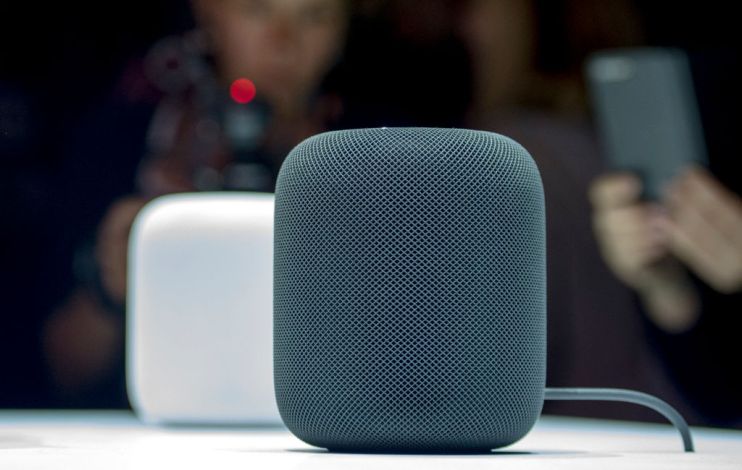Commercial radio listening dips despite rise of smart speakers

Commercial radio stations suffered a decline in audience numbers in the fourth quarter, despite a surge in listening through smart speakers.
A total of 35.1m people tuned in to UK commercial radio each week, down from 35.9m in the previous three months, according to the latest figures from industry body Rajar.
The sector also lost market share over the period, falling to 46.6 per cent of listening hours, compared to 48.1 per cent in the third quarter.
It came amid an ongoing shift in listening habits as audiences increasingly access their favourite radio stations through digital platforms.
More than 58 per cent of listening is now digital, with the majority coming through DAB.
However, online listening — including smart speakers such as Google Home and Amazon’s Alexa — rose 33 per cent year on year to hit 12.5 per cent.
The growth in online listening has particularly benefitted commercial radio, with digital platforms making up more than 68 per cent of total listening for these stations.
“We are experiencing an audio revolution, with radio at its heart,” said Siobhan Kenny, chief executive of Radiocentre, which co-owns Rajar with the BBC.
“That is clearer than ever, as we see commercial radio’s expansion of offerings pay dividends in digital growth. Radio is not a box in the corner of the room – it’s everywhere a smart speaker is in your house, on your phone, and across a multitude of platforms.”
Global, which owns Capital, Heart, Classic FM and Smooth, retained its title as the leading commercial radio company, though its market share slipped from 24 per cent to 23 per cent quarter on quarter.
But Global and rival Bauer will be facing a new competitor in the sector from News UK, which is set to launch talk station Times Radio later this year.
“A slight plateau in total radio listenership reach belies the rude health of radio in general, which still reaches 87.5 per cent of all adults each week,” said Aled Schell, senior planner at media agency the Specialist Works.
“The interesting development over recent years is that the channel originally reliant on the ‘wireless’ is now buoyed by a digital revolution.”